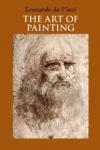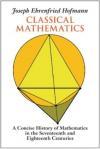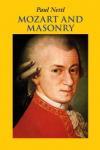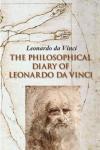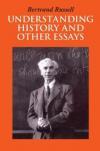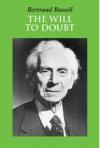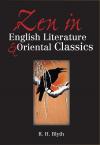
Philosophy
A Philosophical Library Book Generations of aspiring artists have turned to Leonardo's Art of Painting, to study his mastery of anatomy and aerial perspective, his perfect blending of realistic detail with psychological penetration, and above all, his scientific approach to the art medium. | A Concise History of Mathematics in the Seventeenth and Eighteenth Centuries
A Philosophical Library Book A concise guide to the watershed moments in mathematical history in the seventeenth and eighteenth centuries, and the extraordinary thinkers who produced them, including a fascinating examination of Japanese achievements in infinitesimal mathematics. | "The world's most important book since the Bible." - Ramsay MacDonald First published in 1928 and addressed to the The Intelligent Woman (specifically his sister-in-law, Lady Mary Stewart Cholomondely), George Bernard Shaw’s Guide to Socialism and Capitalism should be read by every American in the twenty-first century who has benefited, or ever will benefit, from Social Security... |
A Philosophical Library Book Mozart was a Mason and his Magic Flute is widely considered the most outstanding artistic expression of Masonic philosophy. In this book, Professor Nettl puts The Magic Flute into the context of Mozart's life and work, and shows how the core Masonic concepts of liberalism and humanity influenced other eighteenth century composers such as Beethoven, Wagner and Sibelius. | A Philosophical Library Book Translated and Introduced by Wade Baskins This anthology of thoughts, opinions and observations by one of the most original thinkers of the Italian Renaissance is a fine introduction to the work of Leonardo da Vinci. | A Philosophical Library Book The title piece expresses the deadliness of the academic approach to the past, and shows how the reading of history can be a vivid intellectual pleasure. In "The Value of Free Thought," Russell once again proves himself a ruthless for of stifling orthodoxy and a fearless champion of free thought, free action, and free speech. Then in a series of articles on a subject near and dear to his heart, he explores the effect of atomic physics on such philosophic concepts as materialism, idealism, determination, and faith. |
A Philosophical Library Book A collection of twelve essays by the Nobel Prize winner railing charmingly and persuasively against facile thinking and conformity; as relevant and pertinent today as when they were written. Essays include "Can Men Be Rational," "Free Thought and Official Propaganda," "On the Value of Scepticism," "On Youthful Cynicism," "Is Science Superstitious?," ""Useless" Knowledge," "What is the Soul?," "The Ancestry of Fascism," "Stoicism and Mental Health," "Modern Homogeneity," "Men versus Insects," and "On Comets." | "Zen is the most precious possession of Asia," writes R.H. Blyth, author of this beautiful study of English language literature. This book undertakes the daunting but inspiring task of searching literature and classics of the East and West for the gem of the zen spirit that inhabits them all. |
